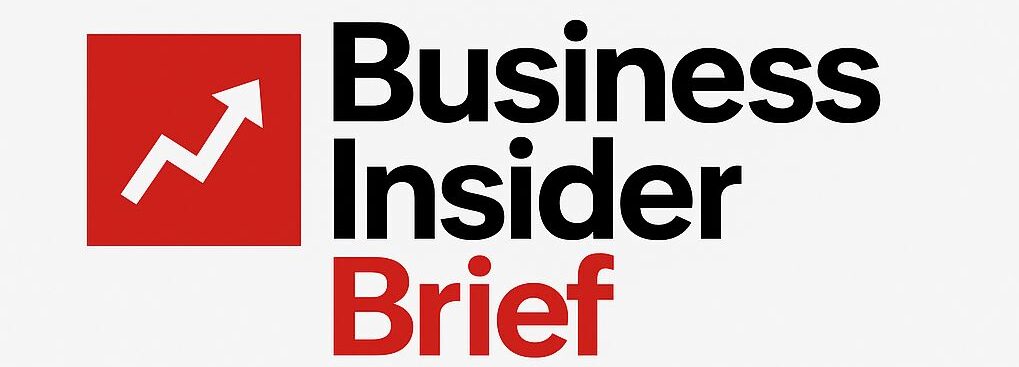Introduction
Business courses are a foundational element of modern education, whether you’re pursuing a degree, brushing up on entrepreneurial skills, or trying to boost your resume. But let’s be real: they can be tough. Between marketing theories, financial formulas, and management strategies, students often look for some backup—like an answer key.
But what exactly is a business course answer key? Is it just a cheat sheet or something more meaningful? Let’s dig into it and explore how you can use it ethically and smartly to ace your business course without cutting corners.
What Is a Business Course Answer Key?
Definition and Overview
A business course answer key is a compiled set of solutions or correct answers for questions, quizzes, exams, and assignments that belong to a business curriculum. It serves as a reference to check your own work or guide your study efforts.
Why Students Look for Answer Keys
You might be thinking, “Why not just study harder?” Sure—but even the most dedicated students hit a wall sometimes. Answer keys can help break down complex problems, show what’s expected, and clear up confusion fast.
Components of a Typical Business Course
A solid business course usually includes these core subjects:
Business Ethics
Understand right vs. wrong in the corporate world. Topics include corporate social responsibility, whistleblowing, and ethical decision-making.
Marketing Principles
Learn the four Ps (product, price, place, promotion), market segmentation, consumer behavior, and digital marketing basics.
Financial Management
Numbers matter! Dive into budgeting, accounting, balance sheets, and cost-benefit analysis.
Organizational Behavior
This explores how people work together, team dynamics, leadership styles, and motivation techniques.
Strategic Management
Think big. Learn how to plan long-term, set goals, analyze competition, and measure success using SWOT or PESTEL tools.
Where to Find Legitimate Business Course Answer Keys
University Portals
Most academic institutions have official platforms where professors upload solutions for past papers or assignments. Use them—they’re trustworthy.
Publisher’s Official Sites
If your textbook comes from a known publisher like McGraw-Hill, Pearson, or Cengage, they often provide verified answer keys and solution manuals.
Online Learning Platforms
Sites like Coursera, Udemy, or Khan Academy sometimes offer answer discussions, quizzes with solutions, or peer-reviewed responses.
Benefits of Using an Answer Key
Self-Assessment
Answer keys help you compare your answers with correct ones. It’s like having a mini tutor 24/7.
Better Preparation for Exams
They reveal patterns in questions and help you understand what kinds of problems are often repeated.
Improved Learning Curve
By reviewing answers, you gain clarity on confusing topics and reinforce correct understanding.
The Ethical Dilemma of Using Answer Keys
Is It Considered Cheating?
Let’s not sugarcoat it—copying answers word-for-word without trying to understand them crosses the line. But using keys to check your work or guide studying? That’s smart, not shady.
How to Use Answer Keys Responsibly
-
Use them after you’ve tried solving questions yourself.
-
Analyze why the answer is correct.
-
Discuss tricky ones with classmates or instructors.
How to Create Your Own Answer Key
Sometimes the best answer key is the one you make yourself.
Reviewing Lectures and Notes
Revisit your class materials. Highlight key points and jot down short summaries.
Collaborating with Classmates
Form a study group and divide chapters among yourselves. Combine your answers into one master guide.
Using Practice Tests and Quizzes
Many textbooks and professors provide practice materials—work through them and write out full solutions.
Tools and Resources for Business Course Help
Study Groups
Two heads are better than one. And five heads? That’s a brain trust.
Business Simulation Games
Try platforms like SimVenture or Harvard Business Simulations to apply concepts in a game-like environment.
Interactive Learning Apps
Apps like Quizlet, Brainscape, or Socratic can turn boring topics into fun flashcards and quizzes.
Tips for Acing Your Business Course Without Relying on Keys
Active Participation in Class
Ask questions. Answer questions. Sit up front (yes, really).
Time Management and Planning
Use planners or digital calendars to break down assignments and study schedules.
Seeking Help from Tutors and Professors
Professors love it when students care. Drop by their office hours—they’ll respect your effort and help you succeed.
Real-Life Applications of Business Course Concepts
Entrepreneurship and Startups
Want to start your own thing? Business courses teach you how to build a brand, budget smartly, and market like a pro.
Corporate Job Readiness
From team projects to presentations, these courses prep you for the real-world grind of office life.
Investment and Financial Planning
Understand stocks, investment risks, and how to make your money grow over time.
Conclusion
So, there you have it. A business course answer key isn’t just about shortcuts—it can be a powerful learning tool when used responsibly. Whether you’re prepping for an exam, struggling with concepts, or just want to validate your progress, answer keys can give you the edge you need. Just remember: the goal isn’t to pass the course, it’s to learn the game of business so you can win at life.
FAQs
1. What topics are commonly included in business courses?
Typical topics include marketing, finance, management, ethics, entrepreneurship, and organizational behavior.
2. Can using answer keys improve my GPA?
Yes—when used responsibly for self-assessment and study, they can boost understanding and grades.
3. Are there risks in using unofficial answer keys?
Definitely. They may be inaccurate or considered academic dishonesty if used to cheat.
4. What’s the best way to study for business exams?
Use a mix of notes, answer keys, practice tests, and discussions with classmates or professors.
5. How do I know if an answer key is accurate?
Stick to official sources like your course instructor, textbook publisher, or educational platforms.

